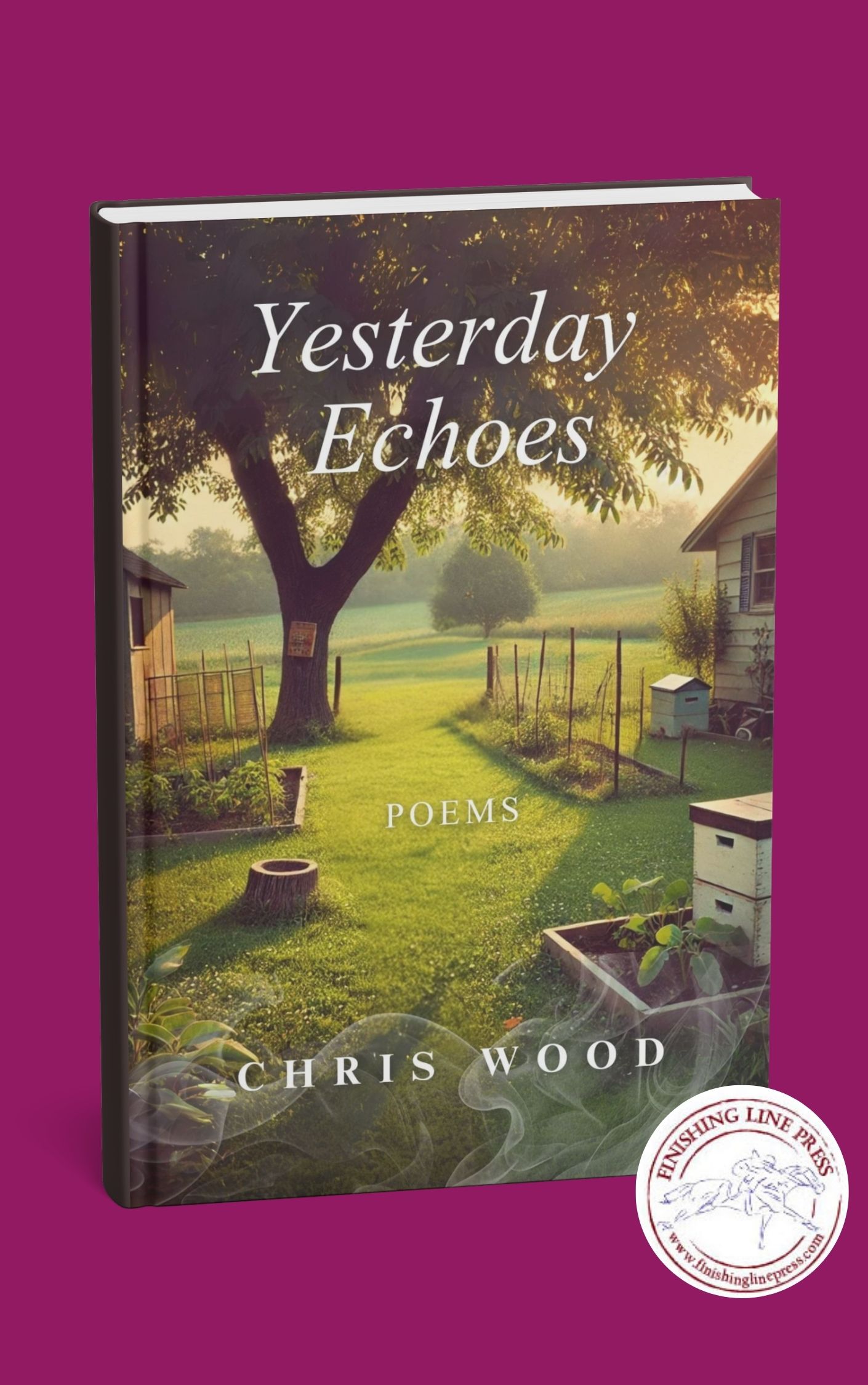Word Vignette

Journey
As we embark on this new adventure into the history of words, journey, is a fitting debut. We experience life through journeys, whether it’s a path to self-discovery or a literal journey by airplane, car, or on foot. We have traveled many paths, but as you will see below, journey was once bound to the measure of time, not distance, and with how we define a journey today, it has wandered from its roots.
Etymology and Evolution
The English language can trace its beginning back to the Germanic tribes, known as Anglo-Saxon or Old English and it is important to note that the word journey was not always part of English. From the 5th century through the early 11th century, fær was the noun used to describe a passage or expedition, and faran was the verb, to travel, wander, or make one’s way (etymonline).
Consider the word, nedfere, in the 8th century lyric poem, Bebe’s Death Song, where Michael R. Burch translates the Old English word as that “inescapable journey” that we all will face one day.
Anglo-Saxon/Old English (circa 731 AD):
For þam nedfere næni wyrþeþ
þances snotera, þonne him þearf sy
to gehicgenne ær his heonengange
hwæt his gaste godes oþþe yfeles
æfter deaþe heonon demed weorþe.
Modern English Translation by Michael R. Burch:
Facing Death, that inescapable journey,
who can be wiser than he
who reflects, while breath yet remains,
on whether his life brought others happiness, or pains,
since his soul may yet win delight's or night's way
after his death-day.
Listen to Bebe’s Death Song spoken in the Old English: Bebe’s Death Song.

It wasn’t until the late 11th century that journey entered the English language. The Norman Conquest of 1066 brought the Romance languages, Old Norman and Old French. Both are direct descendants of Latin, so Middle English began to take shape when thousands of Latin-based words flooded into English vocabulary. Journey was one of those words.
Originally, the word derived from Latin diurnum, meaning “daily,” and dies, meaning “day.” The Old French word journée, signified “a day’s length” or “day’s work or travel” (etymonline). In this sense, a journey was a measurement of time, specifically between sunrise and sunset, representing how far one could travel or how much work could be accomplished in a single day.
The Shift in Meaning
By the 14th century, English speakers began stretching journey beyond its literal confines. What started as a day’s travel came to mean any length of travel, and later, the whole scope of a person’s passage—whether physical, emotional, or spiritual. In medieval records, a journey might note the time spent on a pilgrimage or the distance covered by a messenger. In the Renaissance, the word expanded further, finding room for metaphor. Life itself could be a journey, not only the roads beneath one’s feet as Dante Alighieri says at the start of his poem, Inferno, Canto I —
“Midway upon the journey of our life
I found myself within a forest dark,
For the straightforward pathway had been lost.”
By 1828, when Noah Webster published the comprehensive edition of An American Dictionary of the English Language, journey was defined as —
- The travel of a day.
- Travel by land to any distance and for any time, indefinitely; as a journey from London to Paris, or to Rome; a journey to visit a brother; a week’s journey; we made two journeys to Philadelphia.
- Passage form one place to another; as a long journey from the upper regions.
- It may sometimes include a passing by water.
While the meaning expanded, the word was still mainly thought of as travel. Even early in the 20th Century, the 1914 Edition of Standard home and School Dictionary defined journey as “a traveling or passage from one place to another; a tour; a distance traveled at a time.”
Cultural Echoes
Today, a journey can mean more than just traveling from one place to another. It is more than just miles on a map. It is a term also used in the mental or spiritual sense of going through the wonderful and ordinary courses of life—creative journeys, faith journeys, healing journeys, career journeys, even everyday journeys through family and friendship. While it may feel worn in today’s motivational language, its history reminds us that a journey is not about grandeur but about the humble measure of a day. Every journey begins, not with the whole map unfurled, but with the single day placed before us.
To journey is to wake, to walk, to write, to remember.
Will you join me in this new journey of unraveling the history behind every word?
Sources and further reading…
- Astraya. “Journalist/Journey.” Never Pure and Rarely Simple, 29 Apr. 2015, https://neverpureandrarelysimple.wordpress.com/2015/04/29/journalistjourney/.
- “BEDE’S DEATH SONG (Bede’s Death Song, circa 731 AD). Ancient Anglo-Saxon / Old English Lyric Poem (Loose Translation & Interpretation).” The Joy of Poetry, Quora, https://the-joy-of-poetry.quora.com/BEDE-S-DEATH-SONG-Bedes-Death-Song-circa-731-AD-ancient-Anglo-Saxon-Old-English-lyric-poem-loose-translation-interpre. Accessed 23 Sept. 2025.
- “Bede’s Death Song by Bede the Venerable.” YouTube, uploaded by Username, day Month Year, URL. Accessed 23 Sept. 2025.
If you can tell me the video’s title, who uploaded it, and the upload date, I can fill in the specifics. - Burch, Michael R. MichaelRBurch.com. https://www.michaelrburch.com/. Accessed 23 Sept. 2025.
- Cooljugator. “Journey.” Cooljugator: The Smart Verb Conjugator, cooljugator.com/etymology/en/journey Accessed 18 Sept. 2025.
- Harper, Douglas. “Etymology of fare.” Online Etymology Dictionary, https://www.etymonline.com/word/fare. Accessed 23 Sept. 2025
- Harper, Douglas. “Journey.” Online Etymology Dictionary, https://www.etymonline.com/word/journey. Accessed 20 Sept. 2025.
- Grammarphobia Blog. “When a Diet Is a Journey.” Grammarphobia, www.grammarphobia.com. Accessed 18 Sept. 2025.
- “Journey.” Webster’s 1828 American Dictionary, https://webstersdictionary1828.com/journey, Accessed 20 Sept. 2025.
- Omniglot. “Adventures in Etymology – Journey.” Omniglot Radio, www.omniglot.com/radio/?p=3435. Accessed 18 Sept. 2025.
- Standard Home and School Dictionary. Rev. ed., Funk & Wagnalls, 1914. ed., Funk & Wagnalls, 1914.
